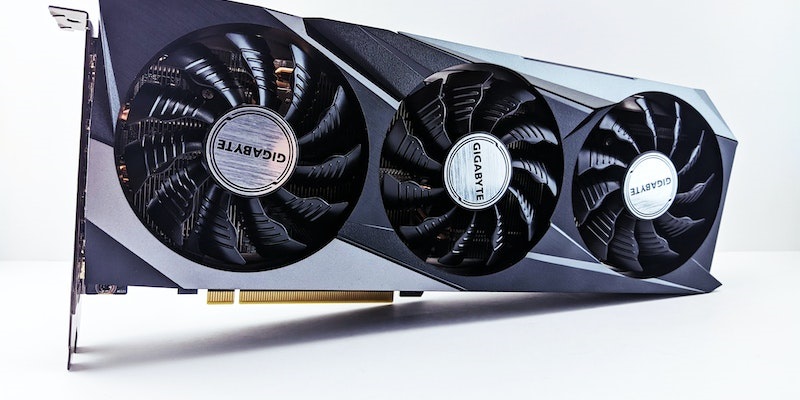The graphics card market is buzzing with excitement as the new 3DMark Timespy benchmark has revealed the impressive performance of the highly anticipated AMD RX 7800. Shared on Twitter by All The Watts, the benchmark scores show the RX 7800 achieving an outstanding score of 18,197. However, as PC Gamer notes, while this is undoubtedly an impressive feat, the RX 7800 is only approximately 17% better than its predecessor, the RX 6800. This modest improvement raises questions about how the RX 7800 will fare in the highly competitive market.
Comparison with RX 6800
One of the first points of comparison for the RX 7800 is its performance compared to the RX 6800. With only a 17% improvement noted, some enthusiasts may question the significance of such a marginal gain. In the high-end graphics card market, where gamers are eager for substantial advancements, a performance improvement of less than 20% between generations may not be enough to drive sales.
Adding to the uncertainty surrounding the RX 7800’s success is the existence of another graphics card that outperforms it based on benchmark scores. This raises concerns that if the competing card is priced lower, it may attract consumers who prioritize performance over brand loyalty. The RX 7800 will need to impress consumers not only with its benchmark results but also with its overall value proposition.
Pricing Influence
In the cutthroat graphics card market, pricing is a crucial factor that can make or break a product’s success. AMD’s pricing strategy for the RX 7800 will play a vital role in determining its reception among consumers. If the card is priced competitively, it may mitigate some of the concerns regarding its moderate performance improvement. However, if the pricing is not aligned with consumer expectations, it could dampen enthusiasm for the RX 7800.
Comparison with RTX 4070
Another aspect that will impact the RX 7800’s reception is its performance compared to its competitor, the RTX 4070. Despite the modest performance improvement observed in the benchmark results, even if the RX 7800 launches at a specific price point, it is projected to be cheaper than the RTX 4070. Additionally, the RX 7800 offers better rasterization performance, providing gamers with a potentially enticing alternative to the competition.
Limited Data Availability
It is worth noting that the benchmark results are a single data point and provide only limited information on AMD’s forthcoming RDNA 3 stack. As enthusiasts eagerly await more comprehensive details on the next-generation graphics cards, it is crucial to track further developments. Manufacturers often unveil additional information that can shape perceptions and sway purchasing decisions, making it imperative to keep a close eye on evolving announcements.
The unveiling of the AMD RX 7800’s benchmark results has sparked both excitement and skepticism within the gaming community. While the performance improvement over the RX 6800 is commendable, it may not be enough to capture the attention of performance-focused gamers in a highly competitive market. AMD’s pricing strategy will be a pivotal factor in determining how the RX 7800 is received. If priced competitively, it can offer a compelling alternative to other high-end graphics cards. Ultimately, as the market continues to evolve, consumers will weigh the RX 7800’s performance and pricing to make informed purchasing decisions.

